Extract from The Guardian
Chris Bowen will make a clear statement that the Coalition’s 2030 emissions target is insufficient.
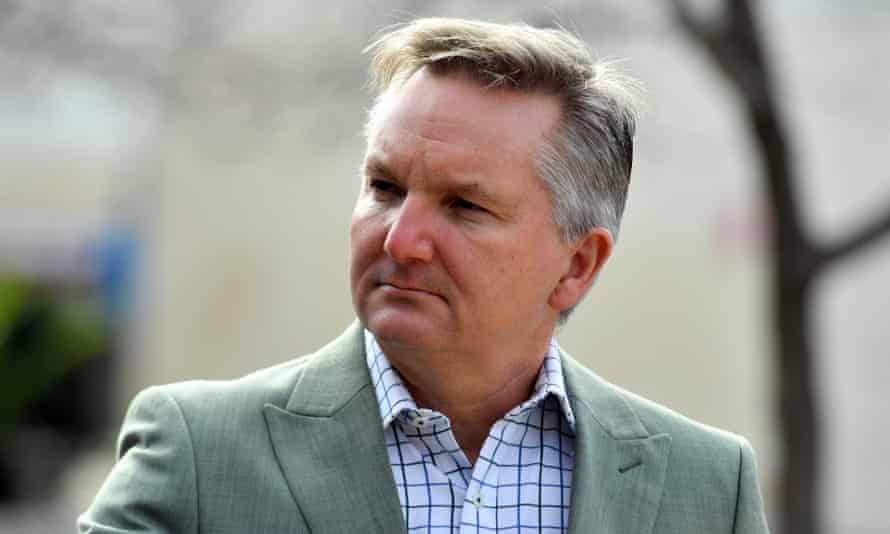
Last modified on Thu 19 Aug 2021 08.37 AEST
The shadow climate change minister, Chris Bowen, is to send his clearest signal that federal Labor is planning a more ambitious medium-term emissions reduction target than the Coalition, as well as committing to net zero emissions by 2050.
Thursday’s public signalling is significant because the veteran rightwinger Joel Fitzgibbon has argued since Bill Shorten’s election loss in 2019 that Labor needs to adopt the same 2030 target as the Coalition on the rationale that voters have rejected the party’s more ambitious climate policies at every election since 2013.
Bowen has largely avoided being caught in the crosshairs of that internal argument since taking the climate portfolio from Mark Butler back in January.
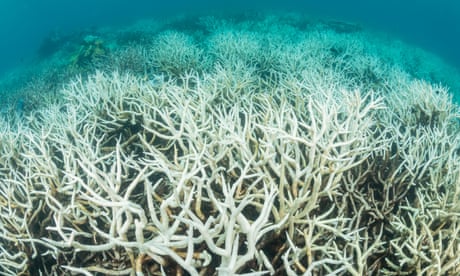
But he will use a speech on Thursday to make a clear statement that the Morrison government’s 2030 emissions reduction target is insufficient. The Coalition’s target is a cut of 26-28% on 2005 levels by 2030.
Bowen will urge the prime minister, Scott Morrison, to increase Australia’s ambition at the Cop26 conference in November, arguing the 2030 target needs to be “informed by the climate science and by the economics of what we need to do now to achieve net zero by 2050”.
Bowen will argue the Coalition’s Abbott-era commitment is now obviously out of step with similar countries, “like Canada at 40-45%, Japan at 46%, and the United States at 50%” – and Australia needs to start reducing emissions more rapidly on both scientific and economic grounds.
“If we want to achieve net zero in 2050, we can’t begin in 2049 – for two reasons,” Bowen will say.
“First, decarbonisation of the global economy is the greatest economic transformation since the industrial revolution. In Australia, that transformation will take time. The longer we leave it, the harder it will be to take advantage of the opportunities.
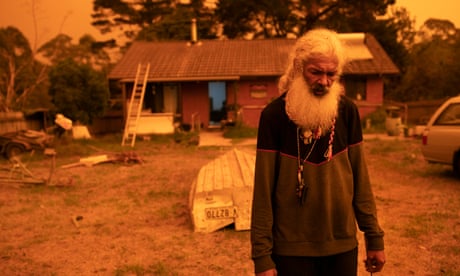
“Second, and most importantly, the extent of warming will be determined by aggregate emissions over the next three decades, not just those in 2050.”
He will also push back against “reactionaries” who argue Australia’s climate policy isn’t material because it only represents a small share of global emissions. Bowen will note Australia is in fact one of the highest per-capita emitters in the world, and we “will only persuade others to take stronger action when we get our own house in order”.
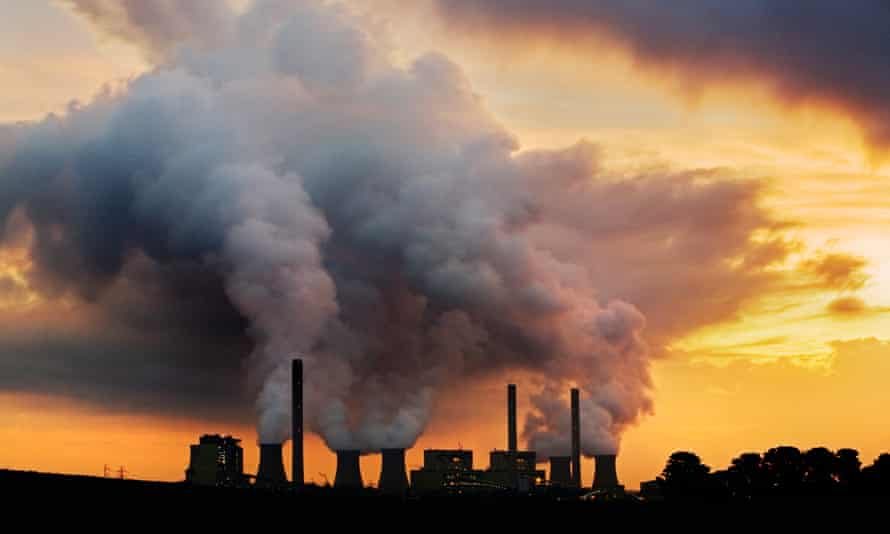
Victoria’s Loy Yang coal-fired power station. Bowen will say Australia must act to take advantage of opportunities offered by the decarbonisation of the economy. Photograph: John W Banagan/Getty Images
Thursday’s speech will outline four key principles that will underpin the climate change policy that Labor will take to the next federal election.
The first is that a net zero commitment by 2050 is necessary but not sufficient. The second is targets must be backed by policies and mechanisms to deliver the promised abatement. The third is “good climate policy is good jobs policy” and the fourth is regions will “be at the centre” of Labor’s climate and energy policies.
“The regions that have always powered Australia are best placed to power us into the future, because they have the best access to transmission lines and other vital infrastructure,” Bowen will say. “They have the space necessary for large renewable and storage installations, and the skilled workforces that understand energy.”
UN conference looms
Morrison has signalled recently that Australia might update its 2030 target at Cop26. The prime minister says he wants to reach net zero emissions as soon as possible and “preferably” by 2050. Senior National party figures have warned they won’t accept a net zero commitment.
The government is facing increasing pressure over its climate stance. A major report by the Intergovernmental Panel on Climate Change last week found emissions from burning fossil fuels and deforestation were driving widespread and rapid changes across the planet at a scale unprecedented in thousands of years.
Scientists and world leaders said it underlined the need for rapid emissions reductions before 2030. In the past week Jonathan Pershing, Joe Biden’s deputy special climate envoy, and the former UN secretary-general Ban Ki-moon joined those calling on Australia to cut emissions by 50% by 2030 to play its part under the Paris agreement.
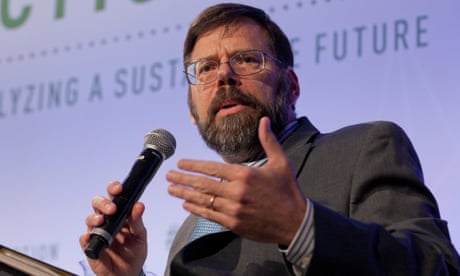
In a barely veiled shot at some of his federal Coalition colleagues, the NSW environment minister, Matt Kean, urged voters concerned about the climate crisis to “send a message to all leaders” at the ballot box.
Bowen’s intervention on Thursday comes as a new report by the analyst firm RepuTex has found demand for carbon offsets in Australia increased by 20% last financial year. The expansion from a small base lifted the national carbon market to a value of $226m.
While the federal government remained the biggest spender through its much-criticised emissions reduction fund, there was a 45% increase in demand for voluntary offsets, reflecting a rise in corporate climate pledges and a growing expectation from investors that companies act.
But Australia’s biggest emitting companies - those covered by the safeguard mechanism - were yet to buy credits at scale.
Between them, the 200 largest emitting mining, metals, energy, manufacturing and transport sectors spent only $1.5m on offsets - about 0.7% of the total market. They were responsible for more than a quarter of national emissions.
RepuTex’s executive director, Hugh Grossman, said few companies faced legal obligations to cut emissions, but the data showed a growing number were acting “in advance of government policy”.
No comments:
Post a Comment